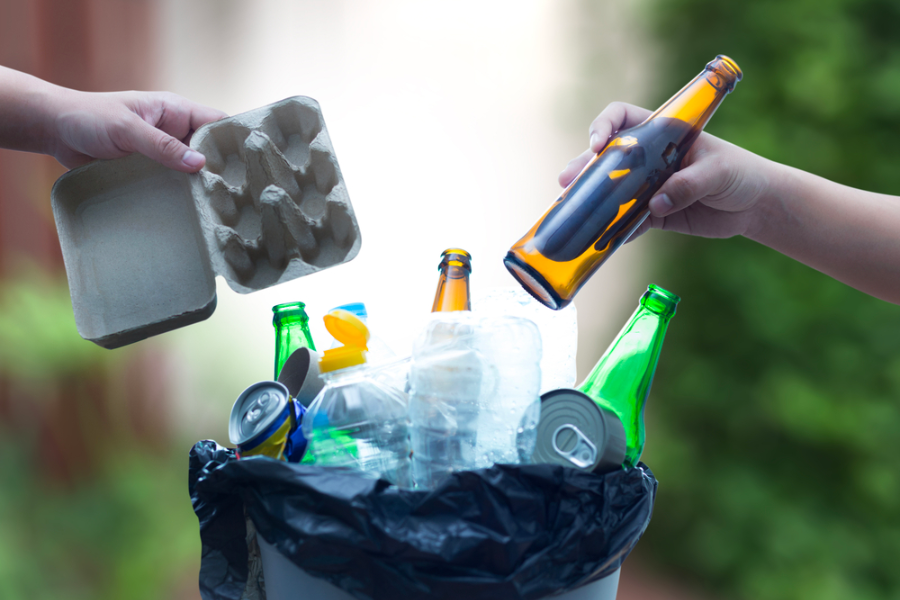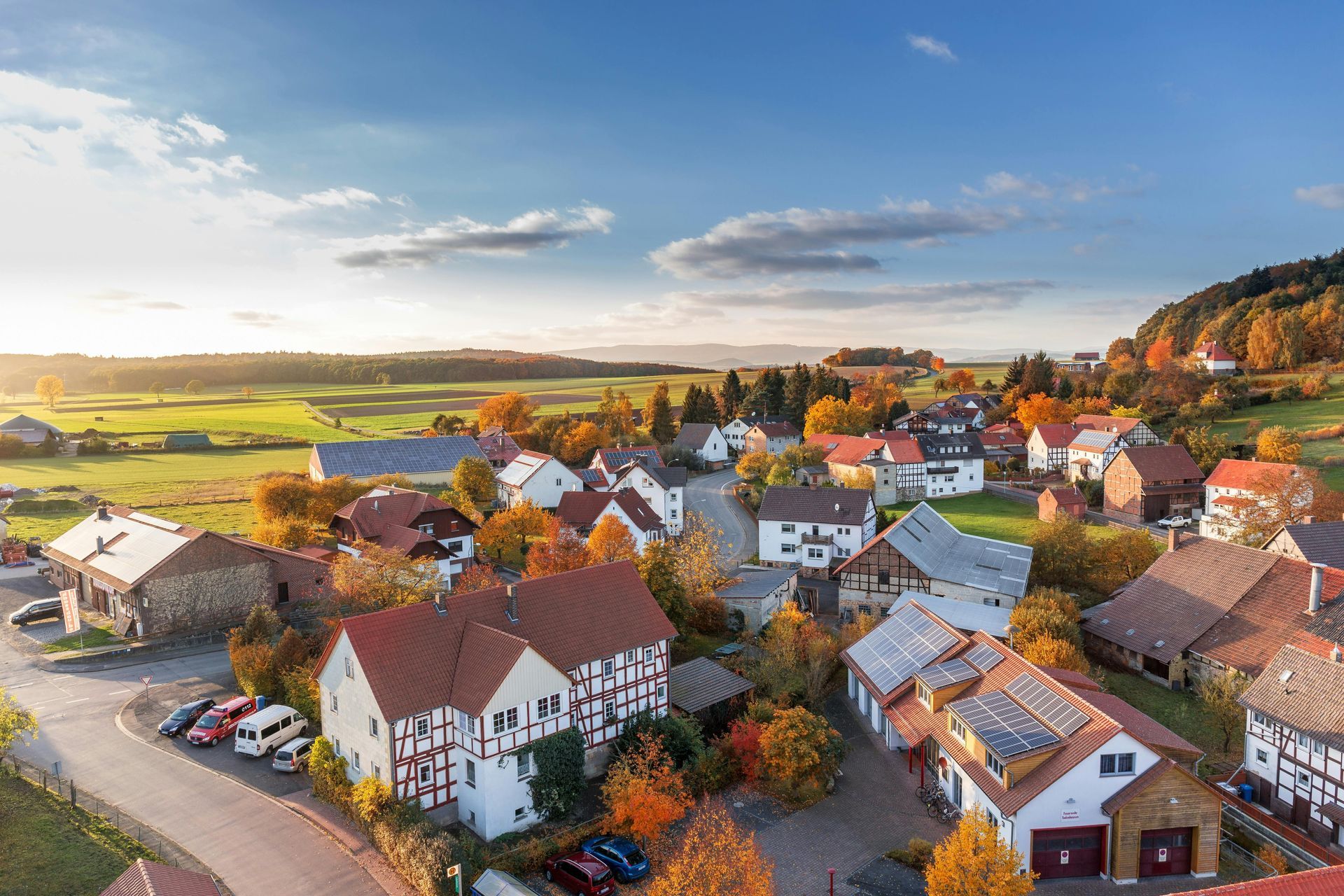CLYNK
We are pleased to welcome CLYNK as new Sustaining Advisory Member to Northeast Recycling Council
Founded in Maine in 2005, CLYNK first laid its roots down well after Maine became the nation’s third bottle bill state. CLYNK recognized the need to make redemption far easier for the consumer while taking redemption out of the grocery store. Since then, they have grown and expanded into New York, Iowa, and in a matter of weeks, the state of Connecticut. With their unique technology and user-friendly experience, they have been able to amass ~500,000 consumer accounts processing over 2.5 billion containers through bottle and can redemption within these states.
Bottle bills have not been enacted in most states, which may leave many unfamiliar with what they are. A bottle bill is a law that allows you to turn in a can or bottle for money back. This bill holds producers responsible for recycling their product and incentivizes customers to make returns. The bottle bill has a long history that dates back to 1971 when Oregon became the first state to enact this law and has since expanded into a limited number of states.
CLYNK’s role in the bottle bill realm has become one of groundbreaking importance. Their platform has created an avenue that makes it easy for consumers to participate in recycling efforts with the bonus of reimbursement through your returns. In participating areas, consumers can bag their redeemable bottles and cans using recyclable CLYNK bags and then tag them with their personalized CLYNK tag. Once the bag reaches CLYNK they will scan the items and deposit your reimbursement accordingly into your account which is linked to you through your personalized tag. Alternatively, there is also the option to donate your reimbursement to a charity of your choosing through CLYNK.
This innovative bag drop platform is not only easy for consumers but also allows CLYNK to provide key data and measurable financial benefits to recyclers, beverage manufacturers, and retailers. They have been able to create a high efficiency cycle for can and bottle recycling that benefits everyone involved. In Oregon, where CLYNK helped OBRC establish Bag Drop, the state has achieved a redemption rate of 90%.
Their growth is helping to set a new standard for recycling in the United States. CLYNK customers have praised their efforts and accessibility, saying, “CLYNK makes it easy, and I like that I can control when I get my money back. It’s like a savings account in some ways.” Another consumer from Maine stated, “Great idea for business, environment, and everyone seems to win. This is a simple concept for consumers, suppliers, and producers that pick up all the pieces and the end product is returning the cash back so it can be spent over and over.”
“We are very proud of what we’ve built at CLYNK, and we are committed to continuing to revolutionize consumer recycling for all stakeholders, with a focus on compelling consumer experiences,” said Matt Prindiville, CLYNK’s CEO. “CLYNK has achieved some considerable scale and momentum and believe our patented technology solutions represent the future of consumer recycling.”
NERC is pleased to welcome CLYNK to its team of Sustaining Advisory Members. We look forward to collaborations that will expand their technology.
For more information about CLYNK click here
Share Post





